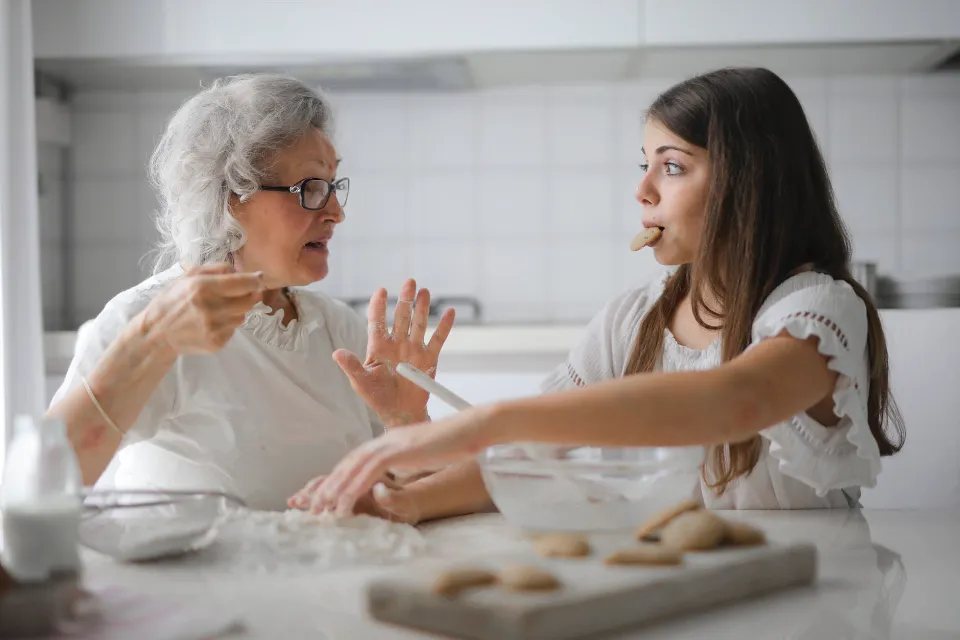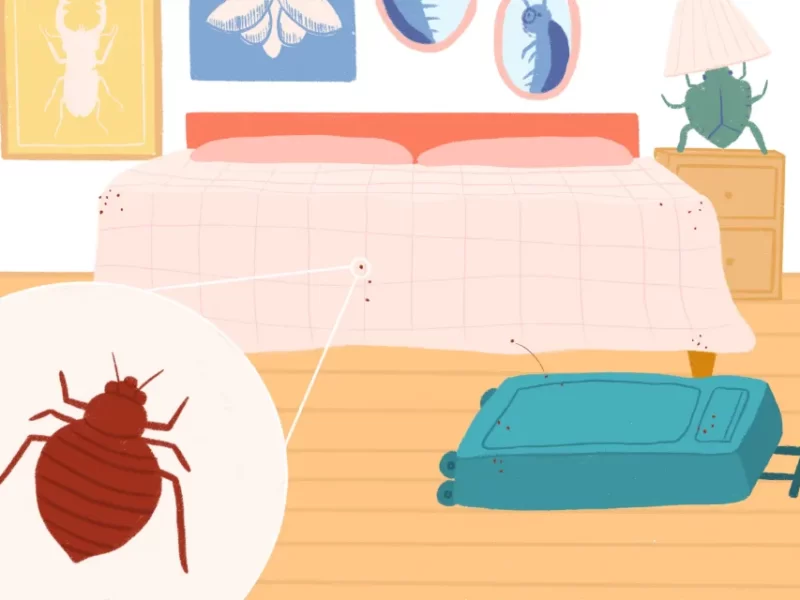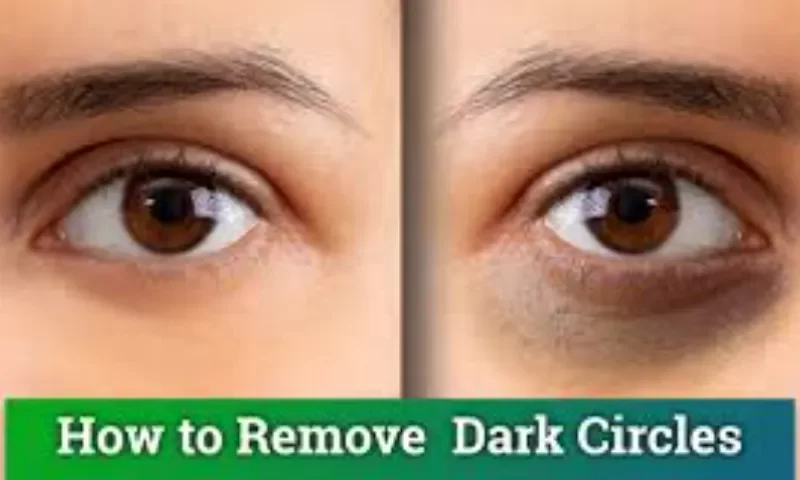Age-related changes to the body and way of life can cause older adults to lose their appetite. Sometimes, though, the cause is a serious issue that needs to be addressed. Consult your loved one’s doctor as soon as possible if you notice a change in their eating routine, unexplained weight loss or gain, or general lethargy.
It can be difficult to persuade an elderly adult who lacks the appetite to eat. Some older adults lose their appetite or refuse to eat for a variety of reasons. The fact that you are concerned about them and trying your best to give them the nutrition they require is unaffected by this, though. Simple adjustments can occasionally have a big impact. We offer five ideas to help older people who aren’t feeling hungry eat.
When attempting these ideas, be persistent, patient, and creative, and try your best to stay upbeat. For more information, keep reading.
Why Do the Elderly Lose Their Appetite?
Drug Side Effects
It’s important to consult your older adult’s doctor if they suddenly lose their appetite. A check-up might be needed to rule out serious health conditions or medication side effects. Some serious illnesses cause changes to taste and appetite, including:
- Alzheimer’s and Parkinson’s disease
- Thyroid disorders
- Cancer
- Mouth and throat infections or gum disease
- Salivary gland problems
The taste of food or water may change as a result of medication side effects, such as dry mouth or a metallic taste, which may also result in a loss of appetite.
Lack of Water
Appetite loss can result from dehydration. Because of aging-related changes or medications they are taking, many older adults don’t drink enough fluids and dehydrate more easily.
Decreased Chewing Ability
Many older adults choose not to eat if it is too challenging or unpleasant. These problems can be caused by:
- Normal aging (wear and tear on the body)
- Dental problems
- Medications
- Medical treatments like surgery
- Stroke, dementia, multiple sclerosis (MS), Parkinson’s disease, or other health conditions
Inner Loneliness
One in ten elderly people who are depressed report having trouble eating. The fact that they have no one to eat with and their loneliness increases during mealtime may make it unpleasant for many older adults.
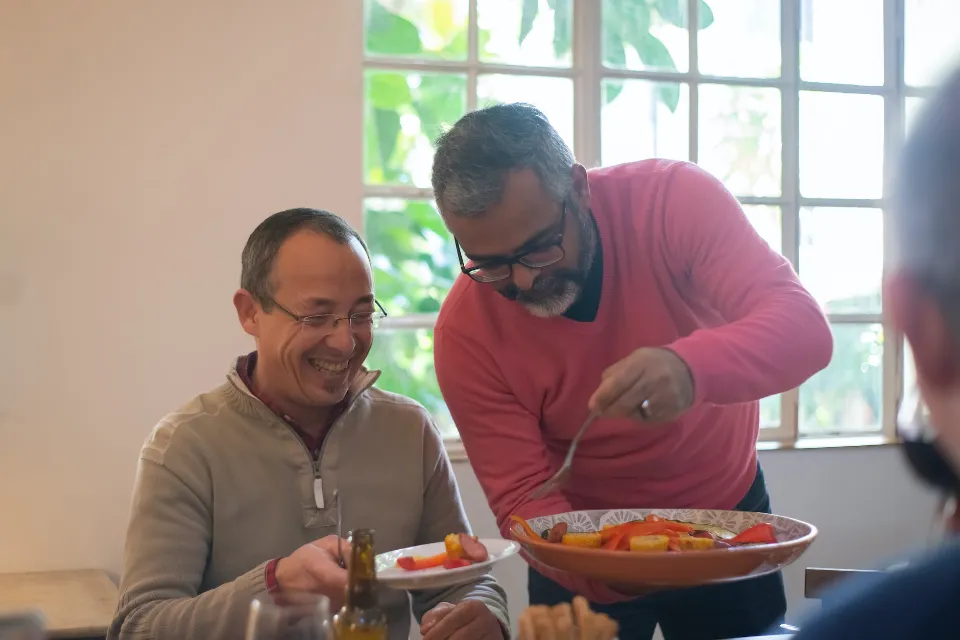
How to Stimulate the Appetite of the Elderly?
There are a few practical things you can do to help your loved one get enough nutrition, regardless of whether their lack of appetite is due to normal aging or a health issue that should be treated by a medical professional.
Counter Medication Side Effects
Medication side effects for seniors could include dry mouth. It can be challenging to swallow and cause food to taste different if the salivary glands aren’t producing enough saliva.
“Chewing sugarless gum, brushing often, or using an oral rinse before meals can improve taste sensation and, ultimately, nutrient intake,” Schwartz says.
Some medications can give food a metallic flavor. If your loved one says their meat is tasting “off” or metallic, switch to other protein sources such as dairy or beans. Add herbs or sliced fruits or vegetables, like cucumber or lemon, if they don’t think the taste of the water is right.
Forming a Routine
Planning ahead can help seniors get enough calories each day. To do this, try the following:
- Consider eating six to eight small meals per day instead of three large ones
- Identify the time of day when appetite is greatest, and eat at that time
- Try to eat meals and snacks at the same times each day, even when not hungry
- Encourage regular snacking by placing fruit, nuts, and other nutritious foods around the house
- Ask someone to help in the planning and preparation of meals
Accompanying Meals
Making meals a social occasion can help your loved one understand the value of eating while also giving them something fun to look forward to. The prospect of spending time with others can make mealtimes more appealing for people who lack appetite because eating can often be a struggle. It will always be more likely for your loved one to find their appetite if you learn what meals and foods they particularly like and how they like them prepared.
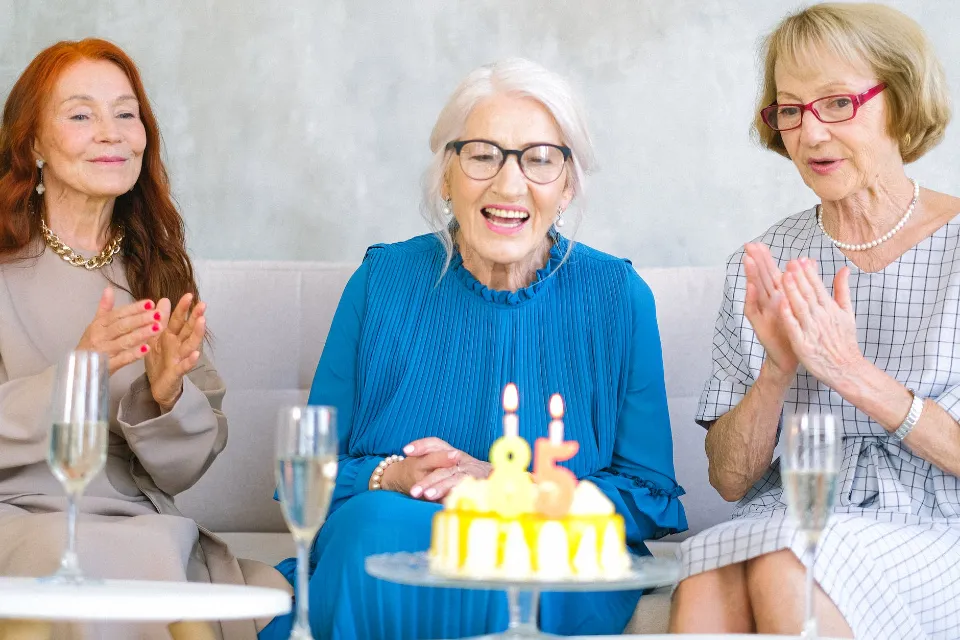
Fight Dry Mouth
Elderly people’s ability and desire to eat and drink have been known to be hampered by dry mouth. Consult your doctor or dentist as soon as possible if this seems to be the case for a loved one, as the medication is frequently the main culprit behind the dry mouth. Request mouthwash recommendations from your doctor or dentist, including those that are available over the counter or on prescription. Your doctor might conclude that a medication isn’t the cause of dry mouth, in which case dehydration, a pre-existing medical condition, or a treatment like chemotherapy are more likely culprits.
There are actions that can be taken, such as drinking more water, consuming less caffeine, quitting smoking, and brushing your teeth at least twice daily.
Use Appetite Stimulants
Some senior citizens have found success with prescription appetite stimulants; however, you should speak with a doctor to determine whether this is a good option for your loved one. Their doctor can go over the advantages and disadvantages, as well as any side effects and whether it is appropriate given the senior’s general state of health.
Normal aging may have the unintended consequence of making you less interested in food. However, you can assist your loved one in getting the nutrients they require by seeking medical advice on what to do when the elderly refuse to eat and taking steps to encourage healthier eating.
Final Thoughts
Aging, illnesses, or medication side effects can all cause appetite loss in older adults. The risk of illness and other complications is increased by this problem, so it is crucial to address it. Your loved one’s appetite can be increased in a safe and healthy manner through regular exercise, increased social interaction at meals, specific medications, and other lifestyle changes. It’s crucial to get assistance if you notice that this change in appetite lasts for more than a few days. Any underlying causes can be found by your doctor, who can also suggest a treatment plan.
FAQs
What Can You Give An Elderly Person to Increase Their Appetite?
You must avoid overfeeding senior adults with large meals as they attempt to increase their appetite. They might be inspired to eat more frequently all day long and consume the necessary number of calories with healthy snacks like air- or stovetop-popped popcorn.
What is the Best Appetite Stimulant?
Zinc and vitamin B1 are two vitamins and minerals that can increase appetite. These, however, typically only work when a person is deficient in these nutrients. Omega-3 fatty acids, among other supplements, may increase appetite.

